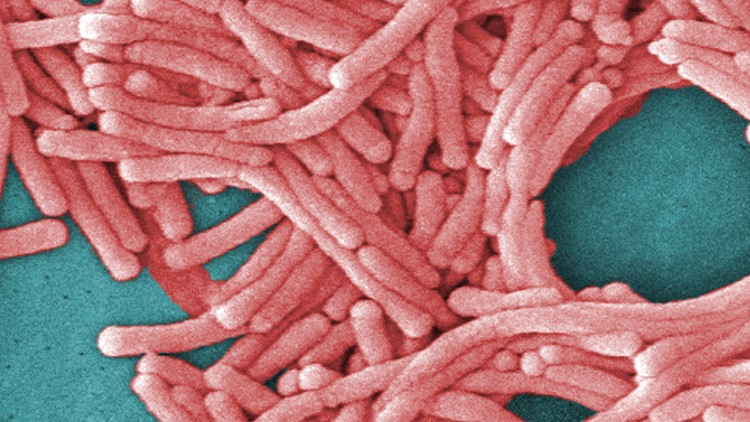AUGUSTA, Maine — The Maine Center for Disease Control is investigating a cluster of six Legionella cases in the greater Bangor area, which they say has occurred at a higher than average rate, even killing one man.
Maine CDC is trying to identify a common exposure among the cases or determine whether they are coincidental. Health care providers have diagnosed approximately one new case each month since November 2018.
All the individuals were hospitalized and one person with the illness died, though Maine CDC has not established the bacteria as the cause of death.
Over the last five years, Penobscot County has averaged three Legionella cases per year.
Legionnaires' disease is not spread from person to person. Maine CDC announced the investigation to make the public aware but say residents in the area do not need to take any specific actions.
Legionella bacteria are found naturally in freshwater environments, such as lakes and streams. Legionella can become a health concern when it grows and spreads in human-made building water systems such as cooling towers used in air conditioning systems, hot tubs, fountains, and large plumbing systems. Legionnaires' disease, which is a type of pneumonia, may result when individuals breathe in droplets of water that contain the bacteria. Symptoms include cough, shortness of breath, fever, muscle aches, and headaches.
Most healthy people exposed to Legionella do not get sick. Those at increased risk of getting sick are people aged 50 years and older; current or former smokers; people with a chronic lung disease, weak immune systems, or cancer; and people with underlying illnesses such as diabetes, kidney failure, or liver failure.
Doctors use chest x-rays or physical exams to check for pneumonia and may also order tests on a sample of urine and sputum (phlegm) to determine if a lung infection is caused by Legionella. Legionnaires' disease is treated with antibiotics. Most people who get sick need care in a hospital but make a full recovery. However, about 1 out of 10 people who get Legionnaires' disease will die from the infection.
There were almost 7,500 cases of Legionnaires' disease in the United States in 2017. Last year, there were 33 cases of Legionnaires' disease in Maine. Because it is underdiagnosed, these numbers may underestimate the true incidence.
Maine CDC will continue to provide updates on this investigation as more information becomes available.



